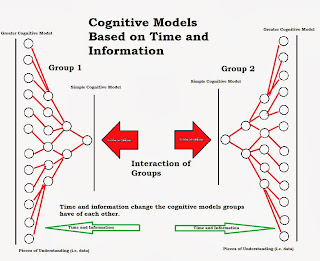Conflict is inevitable in public
projects and activities. This the case when money, influence, and limited
opportunity abound. By changing the fundamental nature of stakeholders from power over to power with a higher level of collaboration can occur that leads to
better results. A paper by Eivind Brendehaug shows how the planning process can
be improved when local stakeholder interests and conflicts can be compromised and
integrated into the development process (2013).
Co-management is a concept that
helps to explain strategic development with three aims that include 1.) fulfill
management aims, 2.) distribute cost and benefits among local stakeholders and
authorities, and 3.) supplement representative democracy to reduce conflicts
(Brechin et. al. 2003). It is a process of reviewing the varying issues
inherent within projects and then finding a way to co-develop that concept.
When projects are developed they
rest in the authority of the planners. The planners have instrumental power
over the decisions, institutional power over the processes and cultural power
over information (Lukes, 2005). This means that the entity in charge of
projects has both real and perceived power that stakeholders naturally look to for
direction.
Most planning projects are seen as
zero sum games where there are clear winners and losers. The process of power over certain entities creates distrust
and lack of engagement in the developmental process. Creating plus sum
situations encourages higher levels of engagement and requires a paradigm shift
of power to increase the likelihood of project success.
Each stakeholder has their own needs
and wants. No one should expect to get everything they want as this is a public
project. However, by listening to their needs, wants, fears, and concerns it is
possible to create a greater match between the production process and
stakeholder participation that leads to a more beneficial project.
The case study is important because
it helps highlight a few points. Stakeholder develop analysis models for
understanding problems and this impacts their influence in the process. The
developing authority must desire the participation of stakeholders to realize
goals. Conflicts are great sources of information in understanding worries and claims
to help planners address these issues. Proper management can move planning from
a zero-sum to a plus sum process that hedges the interests and abilities of the
stakeholders.
Brendehaug, E. (2013). How local
participation in national planning creates new development opportunities. Systemic Practice & Action Research, 26
(1).
Brechin, S. et. al. (2003) Contested
nature. Promoting international biodiversity with social justice in the
twenty-first century. State University of New York Press, New
York
Lukes S (2005) Power. A radical
view, 2nd edn. Palgrave Macmillan, Basingstoke

